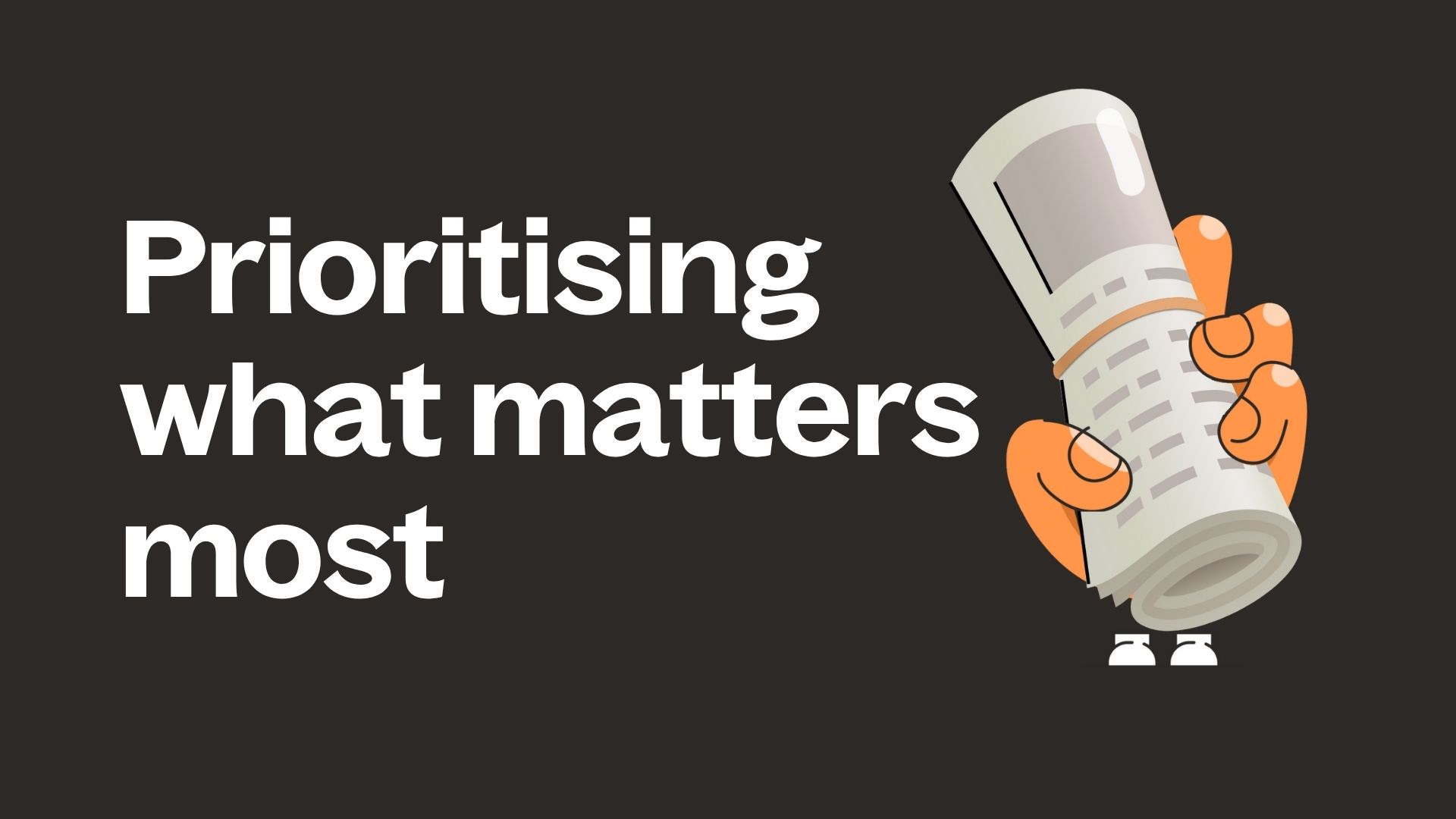Urgent reports shouldn't wait until Monday.
In today's Solver Scoop, we're focusing on how Snap Send Solve helps you prioritise and manage urgent requests efficiently.
When urgent requests aren't acted on quickly, minor issues can become big problems, customers can send multiple requests to follow up and these combined cause pressure to build on your teams.
Whether it's a water leak that's getting worse by the minute or a parking violation that needs immediate attention, we have the tools to help you respond appropriately and promptly.
In this edition of the Scoop we’ll explore:
- Why we need to treat urgent issues differently
- How SMS notifications ensure time-sensitive issues don't wait
- Using video evidence to accurately assess impact
- Proactive strategies to reduce emergency requests
Prioritising what matters
Prioritising incoming requests starts with a clear, shared understanding of urgency, impact, and risk.
Across Australia and New Zealand, councils are implementing structured prioritisation frameworks to ensure requests like hazardous trees, dumped rubbish, and accessibility concerns are addressed efficiently and transparently. While no universal standard exists, many councils use risk-based, cost-benefit, and integrated planning frameworks tailored to local regional needs.
A strong foundation for these systems is a prioritisation matrix, typically structured around:
Urgency: How quickly an issue needs attention to prevent harm or disruption
Impact: The scale of the issue’s effect on public safety, infrastructure, or community wellbeing
Priority: A combined measure of urgency and impact that guides response order
Proper classification is just the first step.
Getting Snaps to the right team quickly with the appropriate priority level ensures efficient resource allocation and improved resident satisfaction.
The next challenge is ensuring time-sensitive requests reach the right people at the right time
How Waverley City Council Solved their weekend parking issues
Parking rangers at Waverley City Council were missing illegal parking Snaps that came in after hours on Fridays. By Monday, the violations were often gone—but unresolved—leaving residents frustrated.
With SMS notifications enabled, rangers now receive an instant text when a Snap comes through.
The message includes a link straight to the Snap’s details, so rangers can review and act on reports while they’re still out in the field, even after hours.
Once notifications reach your team, having the right information to assess true urgency becomes critical. That’s where richer context, like video evidence, can make all the difference.
Understand impact with videos in Snaps
Some problems move. Some make noise. Some need more than a photo.
Our new video feature allows Snappers to submit 30-second videos directly through the app, giving your team crucial context to assess urgency and impact:
Water leaks: See the flow rate and source instantly
Unstable vegetation and infrastructure: View movement to determine risk level
Roaming animals: Video can help capture fast moving animals that are tricky to snap
.png)
Videos help your team make confident decisions backed by dynamic evidence. Learn more.
Managing urgent Snaps isn’t just about reacting quickly, it’s about making informed decisions fast.
Video adds vital context that helps your team assess impact and respond appropriately. And when you can see which issues truly need urgent attention, you’re also better placed to prevent them.
That’s exactly what Central Highlands Water is doing, taking a proactive, educational approach to reduce avoidable urgent requests before they arise.
Central Highlands Water's educational approach to managing urgency
Central Highlands Water is taking a proactive approach to water issues. Through a targeted social media campaign, they're educating residents on how to spot leaks before they escalate in impact. Their campaign highlights what residents should look out for to identify potential leaks early—including damp patches in yards, unexpected green spots in dry lawns, and unusual water meter activity.
.png)
By encouraging early reporting through Snap Send Solve and public education, they're helping residents submit more detailed, non-urgent Snaps. This approach allows their maintenance teams to address minor leaks before they develop into major issues requiring emergency response, creating a more efficient workflow for their water management operations.
If you're exploring new ways to manage urgent requests or want to learn more about anything in this edition—whether it's urgency classification, SMS alerts, video Snaps, or even setting up call screens to triage critical Snaps—we'd love to chat.





Stay in the loop with insights that matter
Sign up for exclusive research, industry insights, and updates tailored for Solvers on the Snap Send Solve platform.









